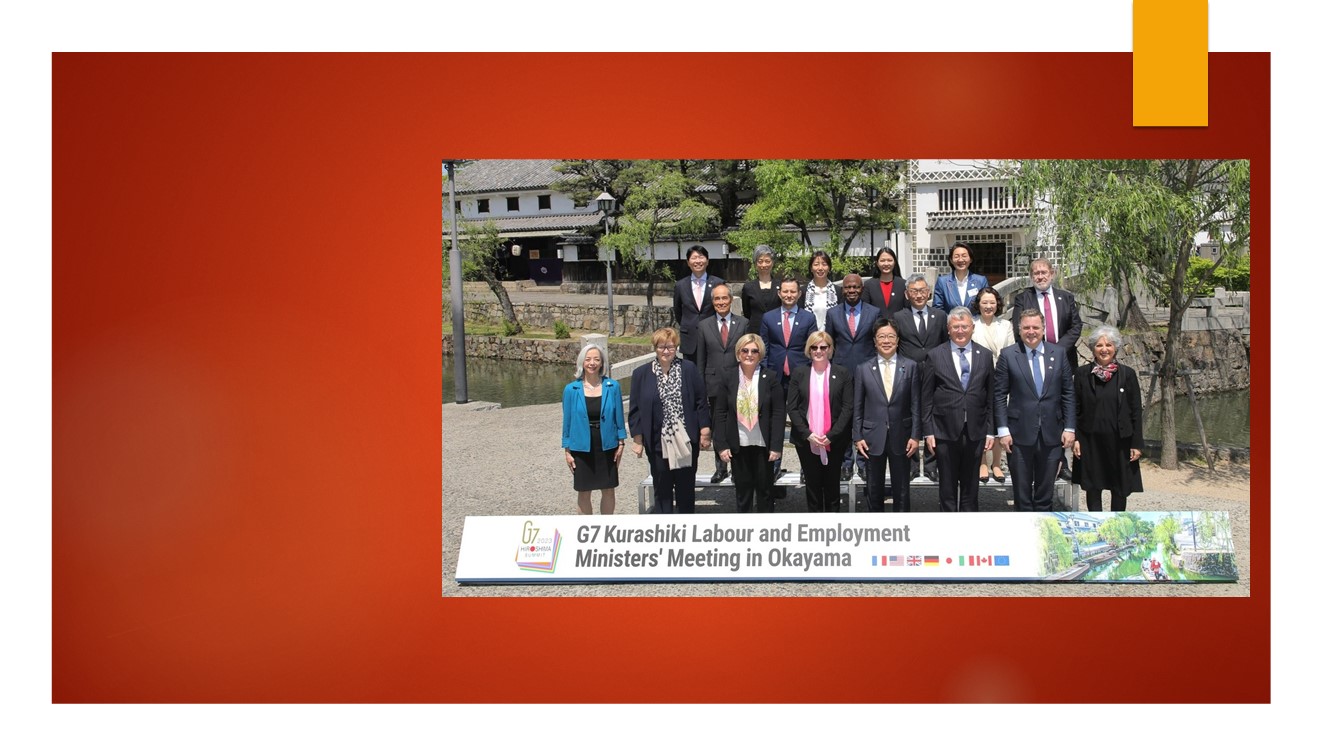Labour market policy
Ensuring employment opportunities for all with fair wages and decent working conditions are key trade union principles. The OECD makes policy recommendations and publishes studies that influence labour market policies including working conditions and wages, the retirement age, and workers’ rights.
Through our engagement with the OECD’s Employment, Labour and Social Affairs Committee and its working parties, as well as the OECD’s Action Programme for Local Employment and Economic Development, TUAC is working to ensure that these recommendations and studies support and promote job quality, fair wages and strong labour market institutions and social dialogue, including collective bargaining and trade union representation.
TUAC’s work in this area is led by Filip Stefanovic and Adnan Habibija. For more information, please contact stefanovic@tuac.org and habibija@tuac.org.

To advance living wages, strengthen collective bargaining
The working paper from OECD’s Well-being, Inclusion, Sustainability and Equal Opportunity Centre (WISE) that was released on 24 April 2023 compares the different methodologies that are being used to calculate a living wage, in other words a wage that allows workers to reach a basic decent ...

G7 Labour and Employment Ministers commit to wage growth and collective bargaining
G7 Employment and Labour Ministers met in Kurashiki, Japan, on 22-23 April 2023 to negotiate and adopt the Declaration ‘Investing in Human Capital’. In a context of high geopolitical uncertainty, the cost-of-living crisis, and a global economic slowdown affecting millions of workers, it is ...

OECD Steel Committee: invest in workers!
TUAC, IndustriALL Global, and industriAll Europe insist that the impact on steel workers must be at the centre of the debate whether discussing the condition of the steel industry in Ukraine, the decarbonisation of the steel sector globally or the state of international trade. Steel workers must be ...

Collective bargaining cuts the gender pay gap
On International Women’s Day OECD rightly point to the gender pay gap of over 11% across OECD countries . What they don’t point is fact that collective bargaining – negotiations between unions and employers – reduces the gender pay gap. But other OECD publications do confirm ...
Comments on the OECD report “The Public Sector Pay System in Israel” and its political use in Israel
On 21 June 2021, the OECD published a report on “The Public Sector Pay System in Israel”. Therein, the OECD assesses labour relations in the Israeli public sector and delivers fairly radical recommendations for reform, particularly in Chapter 3 on “Improving Labour Relations in Israel’s ...
The OECD Employment Outlook calls for stronger collective bargaining to protect workers against the “cost-of-living” crisis
In brief This year’s OECD Employment Outlook calls strongly and explicitly on strengthening collective bargaining in order to improve working conditions and labour market performance at large. An analysis of labour market concentration leads the OECD to conclude that at least one in six workers ...
G20 Rome summit: Access to vaccines, investment in climate-friendly jobs and social protection are key to lasting global recovery
G20 leaders are meeting in Rome for their annual summit as the world faces a convergence of crises with the global pandemic, unemployment, lack of social protection, rising debt burdens and inaction on climate change. ...
